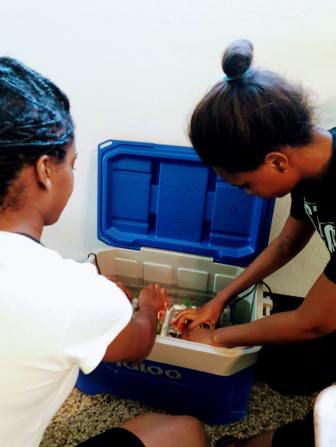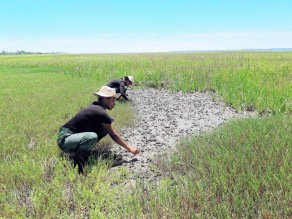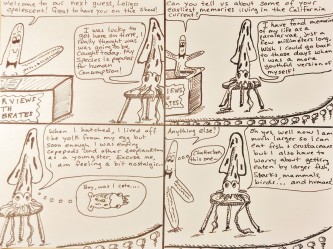The last installment of our Black in STEM series features my good friend, fellow University of Washington graduate student and super cool marine ecologist: Mo Turner!
Who’s hungry for some junk food? These sea stars certainly are. Mo studies all things sea stars and is a champion of who-eats-who in the intertidal. Learn more in today’s comic: tide bite.
Learn more about Mo’s research and check out some previous comics that have featured projects Mo has been a part of: urchin searchin and scan all stars
I’ll be taking another short break after this series but, like always, you can keep the invertebrate fun going with the full comic collection!














